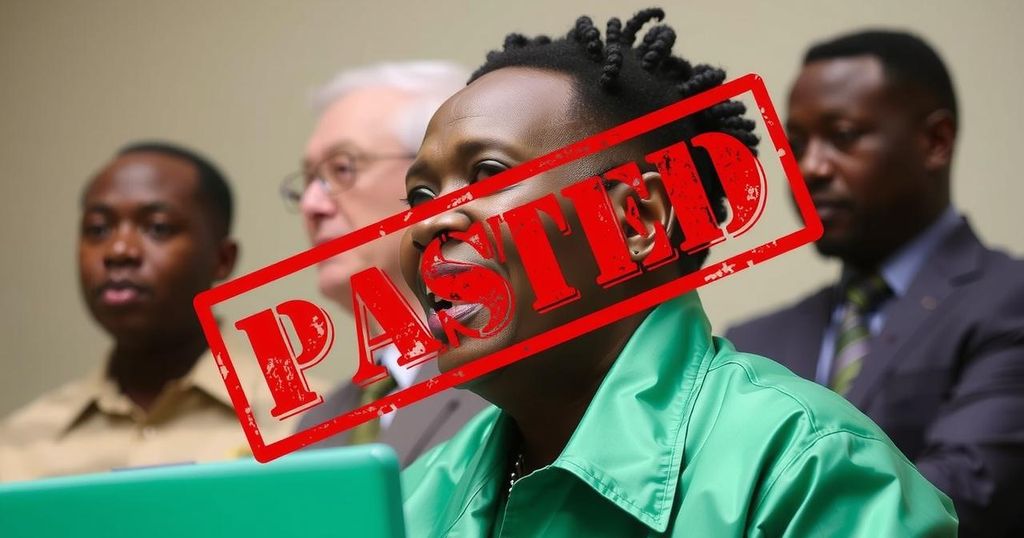Togo Postpones Senate Elections to February 15 Amid Political Tensions

Togo has postponed its first senatorial elections to February 15 to allow political parties more time for organization. The ANC plans to boycott the vote, seeing it as a part of a “constitutional coup d’état”. The Senate was established in 2002 but never effectively created, and the new constitution has sparked significant criticism regarding President Gnassingbé’s extended hold on power.
The senatorial elections in Togo have been rescheduled to February 15, as announced in a presidential decree issued on Friday evening. This decision aims to afford political entities additional time to organize their candidacies effectively, with official campaigning commencing on January 30. This election is pivotal in the progression towards operationalizing a new constitution that has attracted criticism from opposition groups and civic organizations alike.
Opposition parties, notably the National Alliance for Change (ANC), have declared their intention to boycott the elections, viewing them as part of a broader “constitutional coup d’état”. The Senate, conceived through a constitutional amendment in 2002, remains unestablished, with plans for it to consist of 61 members—41 elected by local government officials and the remaining appointed by the Prime Minister. The controversial revisions to the constitution propose a shift from direct presidential elections to a parliamentary system, which many perceive as a strategy for President Faure Gnassingbé to retain power indefinitely.
President Gnassingbé, who has governed Togo since 2005, is affiliated with the ruling UNIR party, which secured 108 out of 113 seats in the April 2024 legislative elections. The political climate in Togo remains charged, with societal implications surrounding the elections and constitutional changes stirring public discourse.
Togo’s political landscape has been historically characterized by challenges and demands for reform, particularly in relation to governance and the electoral process. The establishment of the Senate follows a prolonged absence since its creation through a constitutional amendment in 2002, intending to enhance the democratic framework. However, the recent adjustments to the electoral structure and the new constitution have ignited criticism from both opposition factions and civil organizations, which question the legitimacy and intent behind these reforms. Given that Togo has been under Gnassingbé’s leadership since 2005, the implications of these elections resonate deeply within the context of civil rights and political representation in the country.
The postponement of the senatorial elections in Togo until February 15 represents a significant moment in the nation’s political evolution, highlighting the complexities and sensitivities surrounding constitutional reforms. Opposition parties express considerable skepticism regarding the government’s motives, viewing the upcoming elections as potentially undermined by a lack of fair representation. With a background steeped in political dynasties, the implications of this electoral process will undoubtedly influence Togo’s future governance and political stability.
Original Source: www.barrons.com







